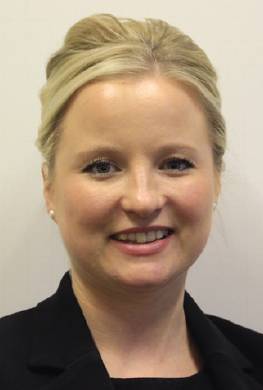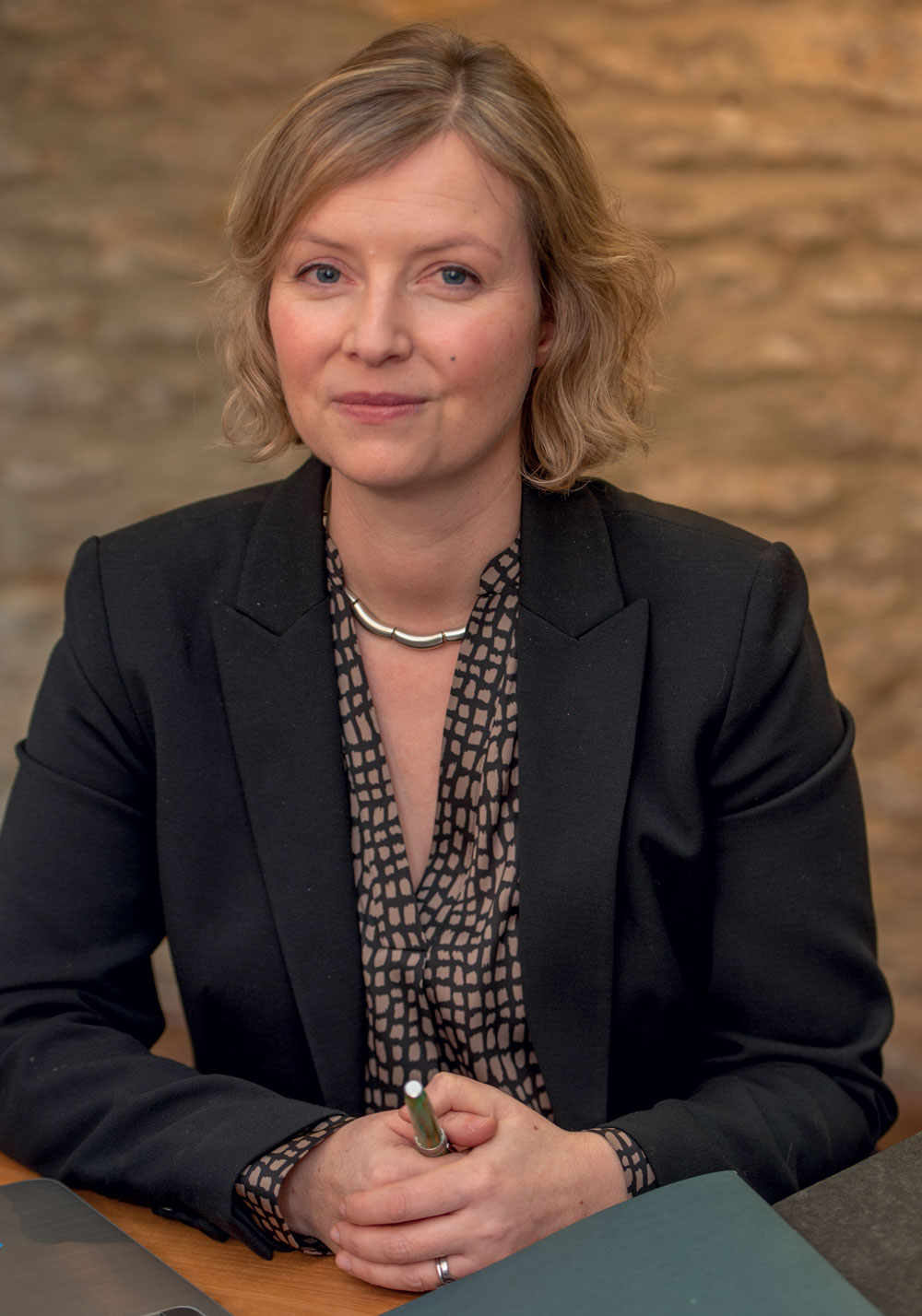Cover story
Chloe Hubbert: the first female CLE deputy district judge
Chloe Hubbert shares her story on qualification into the legal profession and her appointment to the judiciary with Louise Turner.
 About the author: Louise Turner FCILEx is
membership development
manager at CILEx.
About the author: Louise Turner FCILEx is
membership development
manager at CILEx.
You are the second female CILEx judge to have been appointed to the judiciary, how did you get to where you are today in your legal career?
I started my studies with CILEx when I was 24. I was fortunate enough to be offered a paralegal position in a newly formed, predominately legal aid family and mental health law practice, Oxford Law Group. I spent the next seven years studying in the evenings and working full time. It was a big commitment, but amazing training experience covering a huge variety of family cases and even taking two cases to the Court of Appeal. I took my last exam in 2004 and was admitted as a Fellow in 2006.
I wanted to specialise more in financial remedy and, therefore, moved to a large regional firm now called Blake Morgan. I developed my financial practice and skill set enormously here and became (although now lapsed) an Accredited Resolution Specialist in financial provision and private law children matters. I became an Associate and worked across Thames Valley and into South Wales.
In 2015, I was delighted to be invited to work for and with friends at my current practice, the boutique family law firm in rural Oxfordshire, Selby Lowndes Solicitors. We attract some very wealthy local and London clients, and have interesting cases often involving business and farming assets.
What made you decide a career in the judiciary was for you and that you were ready to apply?
In all honesty, I am not sure that I made a considered decision. I had an e-mail alert from the JAC [Judicial Appointments Commission] that they were running a deputy district judge competition and a couple of people said I should apply. I did not imagine for a moment that I would get through!
What experience did you need first before applying for a judicial role, and how did that help to support your application?
I had been working in family law for nearly 20 years when I applied. I had also had the opportunity to work in multi-disciplinary teams on cases, which I feel was an advantage. However, I think many applicants have significant legal experience; I think the JAC is looking for you to draw on your broader life experiences, and to highlight other roles where you have held responsible posts and had to manage your time efficiently.
How did you go about applying for a judicial appointment, and how did you find the process?
The whole application is online. It is a lengthy, multi-stage process which takes about a year to complete. Initially, there is an application form. You should not underestimate how long it takes to plan your answers for that. I would recommend printing off the judicial abilities framework and then thinking of examples in your own life – work and home – where you can demonstrate that you have used or shown the skills required. You also need to give two referees.
If selected, the next stage is an online exam in three parts. There is some pre-reading required for certain sections. The most difficult part of the exam for me was that it is strictly time- limited, and therefore you have no opportunity to go back and review your answers.
